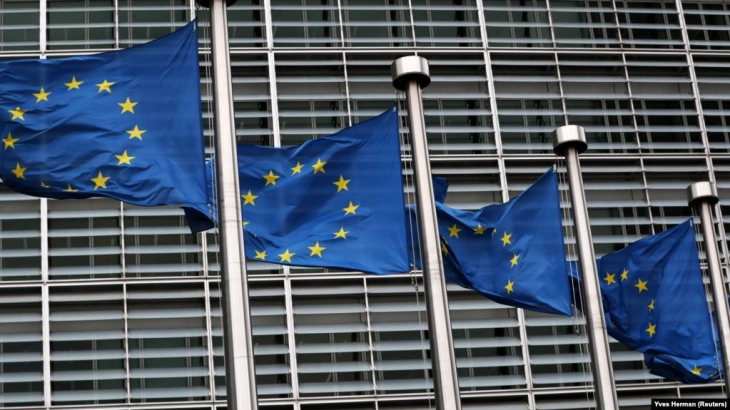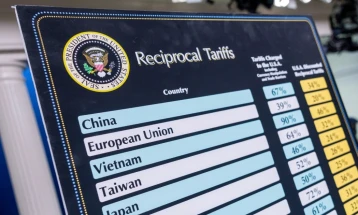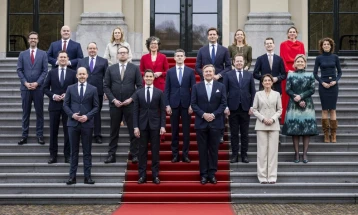No extension of EU import restrictions on Ukrainian grain products
- Controversial import restrictions on Ukrainian grain products will not be extended and thus expire at midnight on Friday, announced the European Commission, a move welcomed by Kiev but opposed in Warsaw.

Brussels, 15 September 2023 (dpa/MIA) - Controversial import restrictions on Ukrainian grain products will not be extended and thus expire at midnight on Friday, announced the European Commission, a move welcomed by Kiev but opposed in Warsaw.
Sharp increases in grain imports from Ukraine into and through the European Union triggered protests by farmers and concerns over market distortions in some eastern EU countries, prompting national governments to unilaterally restrict trade without Brussels' backing.
Despite a vow to help war-torn Ukraine by all means possible as it fights Russian forces, the commission, under pressure, followed up with a regulation restricting imports until September 15.
The market distortions "have disappeared," said the commission in a press release on Friday.
Ukraine agreed to introduce legal measures within 30 days to avoid grain surges, and both Brussels and Kiev are to monitor the situation and react to any unforeseen situations, the commission said.
"The European Commission will refrain from imposing any restrictions as long as the effective measures by Ukraine are in place and fully working," the press release said.
The decision was taken after Ukraine and some of the EU countries concerned had put forward opposing demands to the commission.
Poland and Hungary had threatened to restrict trade on their own, should the commission fail to extend the measures, while Kiev had urged Brussels to scrap them.
Ukrainian Foreign Minister Dmytro Kuleba wrote on the social media platform X, formerly known as Twitter, that Kiev expects the commission "to keep its word and lift all restrictions on Ukrainian agricultural exports."
"No form of continuing the ban is acceptable," he added.
Kiev was quick to welcome the move. "All previous European Commission restrictions on Ukraine's agricultural exports have now been lifted," Ukrainian President Volodymyr Zelensky said on X.
"I thanked Ursula von der Leyen for keeping her word and upholding the rules of the single market. This is an example of Ukraine and the EU."
However, Warsaw plans to maintain trade restrictions on Ukrainian grain products despite the European Commission's decision.
"We will do it because it is in the interest of Polish farmers," Polish Prime Minister Mateusz Morawiecki said on Friday.
The commission's decision ran counter to demands by EU members Poland and Hungary which had initially restricted imports themselves.
The tensions around grain imports led to a rift in relations between Poland and Ukraine, which are usually considered close allies in Kiev's defence against Russia.
Ukrainian grain imports to the bloc had increased sharply after Russia blockaded Ukraine's Black Sea ports, depriving Kiev of access to its main export route for its extensive agricultural production.
The glut of Ukrainian grain products in Eastern European countries was also due to a previous decision by the EU to lift tariffs on Ukrainian imports and drastically expand trade routes through the bloc by road and rail.
Restoring well-functioning trade routes across the Black Sea in the near future seems unlikely. In July, Russia suspended a UN-negotiated deal that allowed Kiev to export some food products, like grain, by sea.







